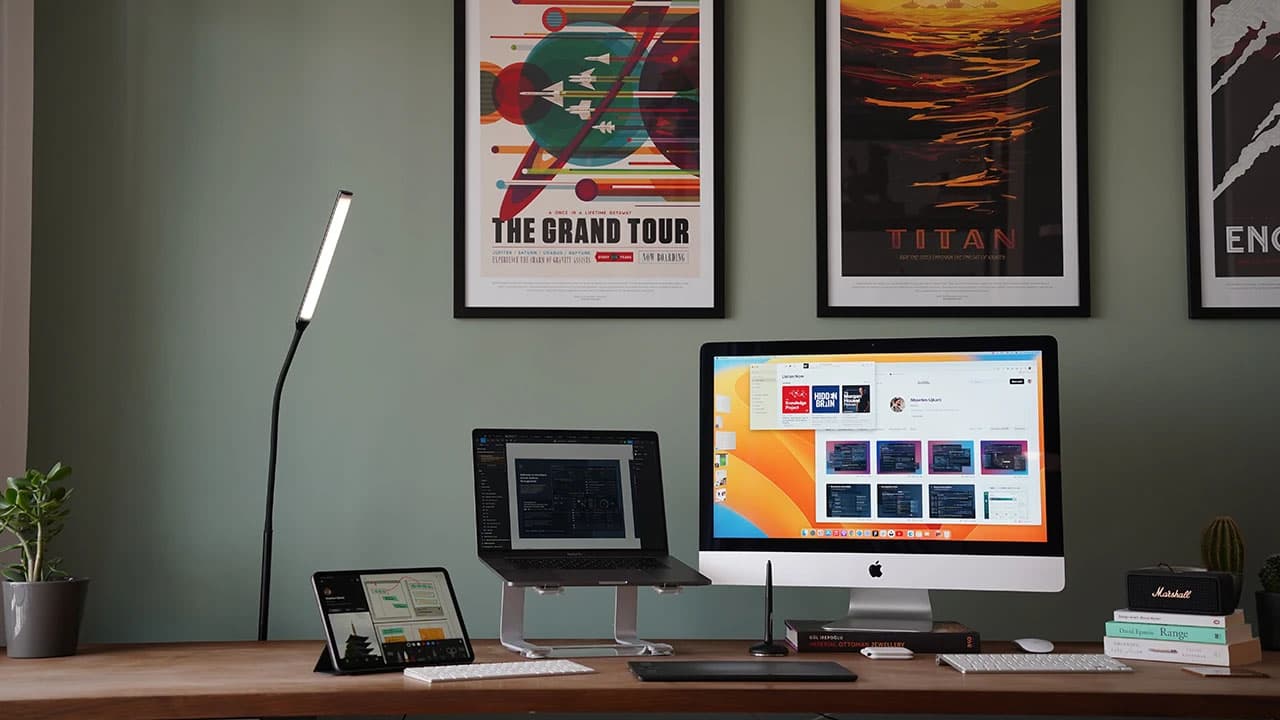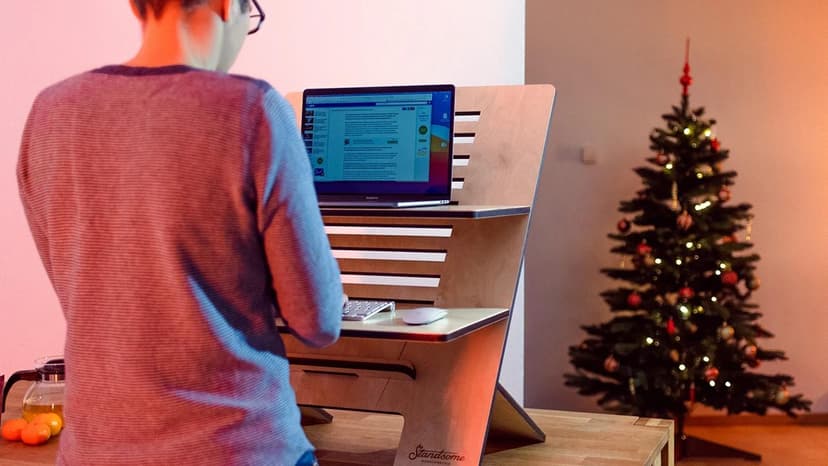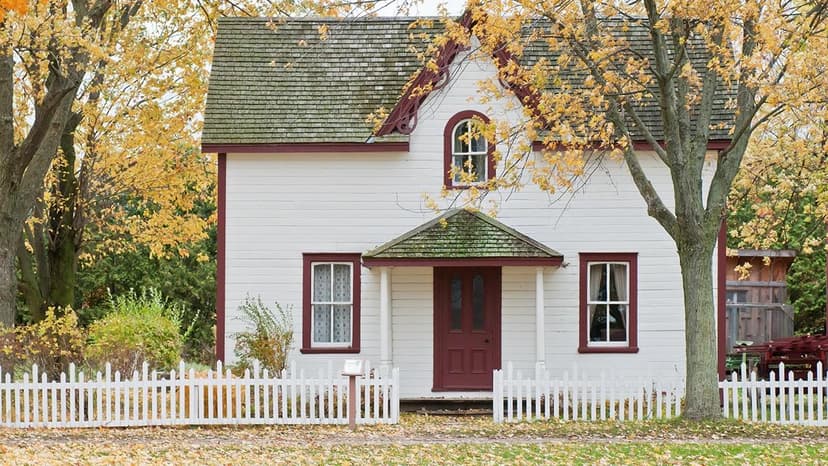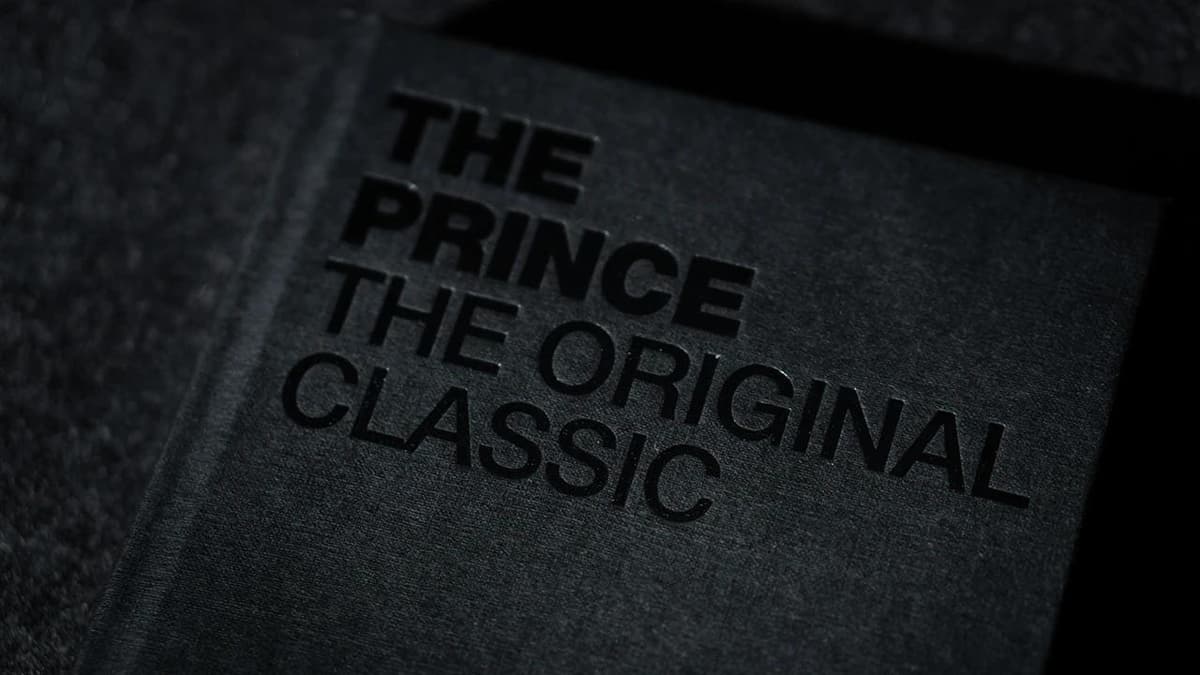Tips and Ideas for a Good Design Workshop
Design workshops are effective in fostering collaboration, encouraging creativity, and enhancing problem-solving skills among design teams. This article provides valuable tips and ideas to help you create a successful and impactful workshop experience.
Format and Duration
Choosing the right format and duration for your design workshop is crucial for success. Consider the following factors:
1. Workshop Goals and Objectives
Define the goals and objectives clearly. Are you generating new ideas, solving a problem, or improving a design concept? Understanding the workshop's purpose will guide your choices.
2. Participant Availability
Consider the availability of participants. If they have limited time, opt for a shorter workshop or break it into smaller sessions.
3. Complexity of the Topic
The complexity of the topic will influence the workshop duration. For intricate topics, plan for longer sessions with breaks to keep participants engaged.
4. Workshop Format Options
- Brainstorming Session: A session where participants generate ideas on a specific topic, encouraging free thought.
- Design Studio: Participants work individually or in small groups to create design solutions, focusing on concentrated exploration.
- Critique or Feedback Session: Participants present their designs to receive feedback, promoting collaboration and improvement.
- Sketching or Rapid Prototyping: Hands-on activities that develop quick sketches or prototypes, fostering quick iterations.
Essential Steps for a Successful Design Workshop
Here are the essential steps to create an effective design workshop:
1. Define the Problem Statement
Articulate the problem or challenge clearly. This sets the focus, ensuring alignment with the workshop's goals.
2. Prepare Workshop Materials
Gather necessary materials like pens, paper, sticky notes, markers, and whiteboards to facilitate collaboration.
3. Create an Engaging Agenda
Develop a structured agenda outlining activities and time allocations. Include breaks to maintain energy. Share the agenda in advance.
4. Set Clear Workshop Expectations
Explain the purpose, expectations, and desired outcomes to participants. Establish ground rules for communication and feedback.
5. Icebreaker Activities
Start with icebreaker activities to help participants connect and create a comfortable environment.
6. Encourage Diverse Perspectives
Invite diverse contributions from participants. Unique ideas and experiences lead to richer discussions and comprehensive solutions.
7. Facilitate Group Discussions
Create an open environment where everyone feels comfortable sharing thoughts. Encourage active listening and respectful feedback.
8. Foster Creativity and Innovation
Include activities that promote creativity, such as brainstorming, mind mapping, and sketching. Use prompts to inspire fresh ideas.
9. Capture and Document Ideas
Document ideas, sketches, and discussions on whiteboards or digital platforms. This ensures nothing is lost for future reference.
10. Feedback and Iteration
Allocate time for constructive feedback. This improves design quality and fosters a culture of continuous improvement.
11. Wrap-Up and Next Steps
Summarize key takeaways, collect feedback, and discuss potential next steps at the end of the workshop. Ensure participants leave with a clear understanding of achievements and future actions.
Design workshops drive innovation, collaboration, and problem-solving within teams. Following these tips will help create a successful workshop that generates effective design solutions and fosters team dynamics. Preparation and creating a supportive environment are key to a good design workshop experience.












